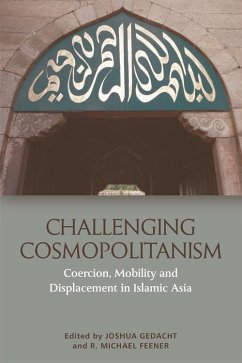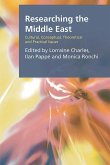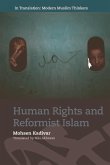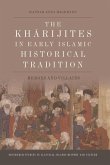Contextualizes the refugee crisis through a historical study of Muslim mobility and violence
Cosmopolitanism has emerged as a key category in Islamic Studies, defining models of Muslim mobility, pluralism and tolerance that challenge popular perceptions of religious extremism. Such celebrations and valorisations of mobility and trans-regional consciousness, however, tend to conflate border-crossing with opportunity and social diversity with ethical progress. At the same time, they generally disregard the ways in which such forms of cosmopolitanism have been entwined with structures of domination, economic control and violence. This volume addresses these issues in ways that help to contextualize contemporary issues such as the global refugee crisis in relation to longer histories of Muslim mobility and coercion.
Featuring new historical and ethnographic research on China and Southeast Asia, this book explores how power and violence have shaped the experiences of Sufis and state-builders, as well as refugees and rebels, contributing to a more nuanced understanding of Islamic cosmopolitanism.
Open access chapters:
- Chapter 3 - ''Sufi Cosmopolitanism in the Seventeenth-century Indian Ocean: Shari¿a, Lineage and Royal Power in Southeast Asia and the Maldives'' by A. C. S. Peacock
- Chapter 9 - ''Afghanistan's Cosmopolitan Trading Networks: A View from Yiwu, China'' by Magnus Marsden and Diana Ibañez-Tirado
Key Features
- Provides historical context for understanding contemporary issues of religious identity, displacement, violence and national belonging
- 2 synoptic essays and 7 historical case studies explain the role of coercion in shaping the worlds of mobile and cosmopolitan Muslims
- Case studies include Andalusian Spain and contested visions of Islamic cosmopolitanism; Hui Muslims in Qing Dynasty and Republican China; Sufis in the early modern Indian Ocean World; Muslim Rebels and Rulers in colonial-era Southeast Asia; Afghan Traders in contemporary China
Contributors
- R. Michael Feener, University of Oxford
- Joshua Gedacht, Rowan University
- Bruce Lawrence, Alliance of Civilizations Institute, Istanbul
- Andrew Peacock, University of St Andrews
- Simon C. Kemper, Leiden University
- Tatsuya Nakanishi, Kyoto University
- Jessica Chen, Graduate Theological Union, Center for Islamic Studies
- Amrita Malhi, The Australian National University
- Magnus Marsden, University of Sussex
- Diana Ibañez-Tirado, University of Sussex
Dieser Download kann aus rechtlichen Gründen nur mit Rechnungsadresse in A, B, BG, CY, CZ, D, DK, EW, E, FIN, F, GR, HR, H, IRL, I, LT, L, LR, M, NL, PL, P, R, S, SLO, SK ausgeliefert werden.









